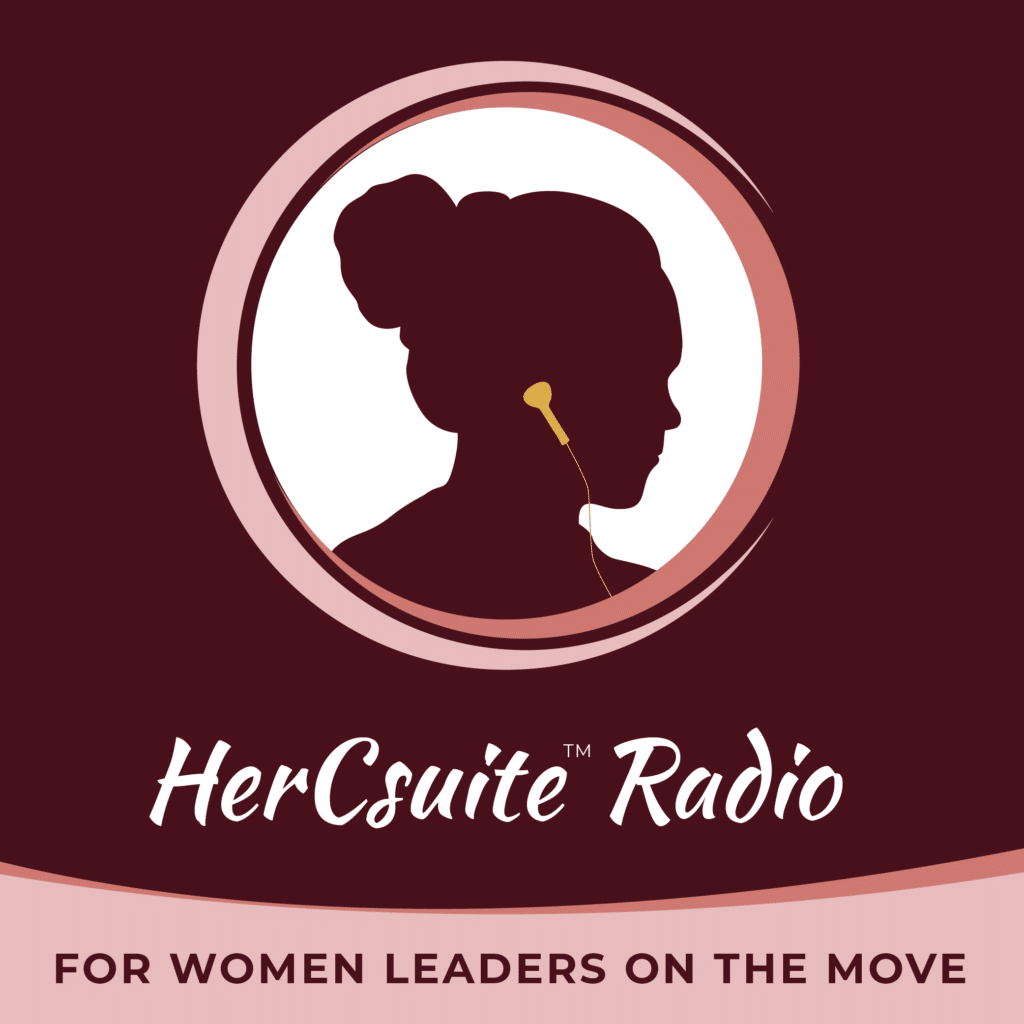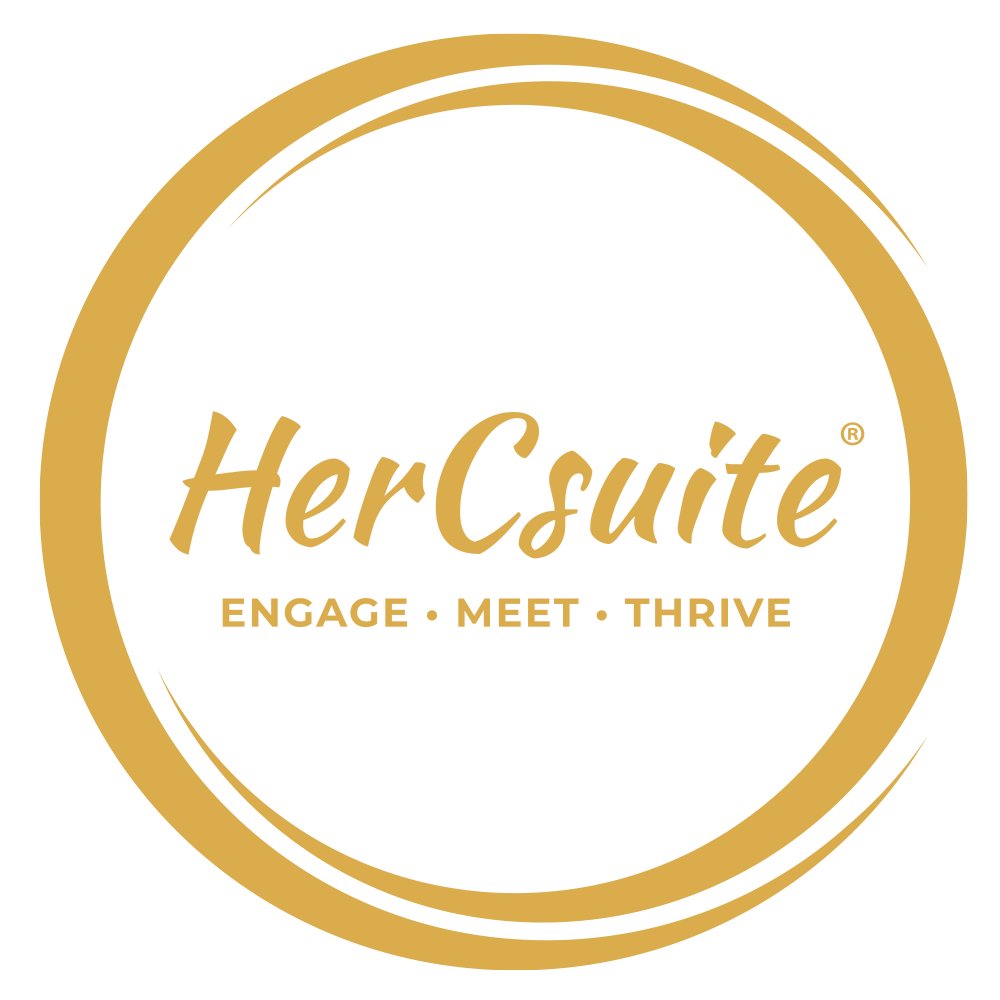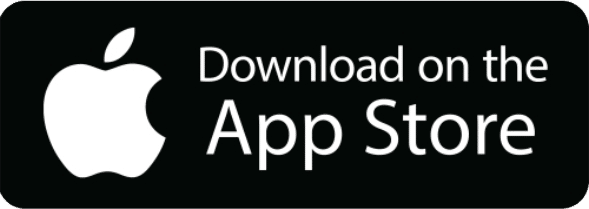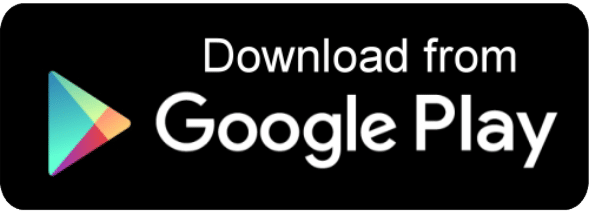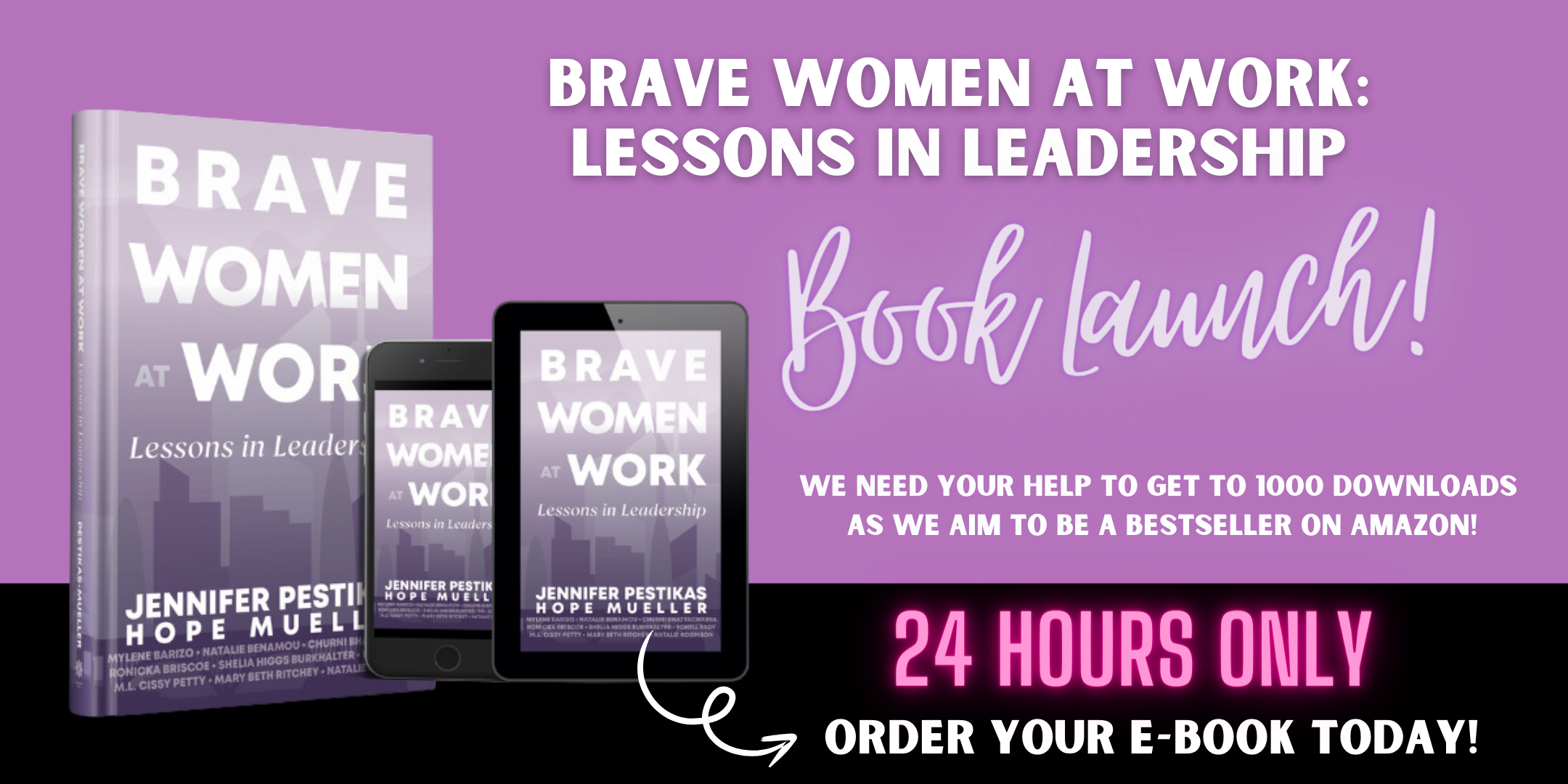The Art of Public Speaking with Bobbie Carlton, Founder, Innovation Women
Public speaking is one of the fastest ways to accelerate career opportunities. Having the ability to present ideas in a compelling way and engage an audience can be applied to any meeting and event. Listen to this podcast interview with featured guest Bobbie Carlton, Founder of Innovation Women and TEDx speaker, as she talks with host Natalie Benamou about all the ways being an engaging speaker will accelerate visibility and help you to be viewed as a thought leader.
This is a special episode as HerCsuite™ celebrates our alliance partnership with Innovation Women's 8th anniversary. This speaker bureau is helping more women be featured speakers on stage. Take a listen as we explore all the ways you can leverage your voice to gain visibility to learn the art of public speaking.
5 Speaker Power Tips:
- Know Your Audience. Find out what matters most to them and connect in meaningful ways.
- Prepare, Practice, Anticipate. Make the delivery of your presentation feel natural and effortless.
- Be brief and keep it simple. Fewer slides and more stories help the audience relate to your content.
- In a Hybrid presentation, ask a question to the online audience first.
- Seek and receive genuine feedback from other speakers.
Bobbie and Natalie uncover helpful tips to make the right impression:
- How to leverage your speaking at work and become a sought out expert on topics
- Introverts can ask a question at a program and gain visibility as engaged participants.
- Real world examples from Innovation Women’s more than 2,200 speakers.
Quotes from Bobbie Carlton:
“Ask a question at an event, and you have just become a public speaker. This is the first way to speak to an audience in a professional setting.”
“A speaker friend will share real feedback that you can use to improve your speaker skills.”
Quotes from Natalie:
“If you are nervous about being solo on the stage, an easy entry point is being a moderator.”
“I prepare a lot before I speak, and then make it seem like a conversation that is between me and an individual rather than a large group.”
Resources:
Resources:
This podcast is sponsored by HerCsuite™ Leadership development programs. Retain and engage your top talent with an executive coach led mentoring program. Find out more here: Group Mentoring
Schedule a call and learn more about what program is right for you.
Thank you to Bobbie Carlton for being a valued alliance partner, and member of HerCsuite™.
We appreciate you, our listeners, for shining your light bright out in the world and would be honored if you subscribe and share the episode with a friend or colleague today.
Show Transcript:
Natalie:
Bobbie, I'm so excited to welcome you to HerCsuite™ Radio today. Thanks for being on the show. Yes, you are back! And this is so fun because you're one of my most favorite speakers. I admire you so much. There are so many things that I learn from you in every conversation. It would be hard to imagine that our audience hasn't already heard of you, but if they haven’t, can you share a little bit of the arc of your career, just as a reminder, and what's bringing us to this moment today?
Bobbie:
Okay, so for anybody who doesn't know me yet among Natalie's audience, hi, I'm Bobbie Carlton. I am the founder of Innovation Women, which is one of my companies. So my day job is I run a PR and marketing firm. My night job for many years was running a startup event in Boston called Innovation Nights, and Innovation Women, I consider my dream job. It's the dream of getting more women onstage at conferences and events. All of the things that I do today really came about because I've spent my entire career in public relations and marketing. I've worked with big enterprise software companies, and before I started my own company, I was working for a kids book series. It was called the Beacon Street Girls, and it was focused on providing positive role models for preteen girls through literature.
Natalie:
There are so many things that I've gotten to know about you, but we share that intense desire to lift women up in different ways. I've had the benefit of having many of Innovation Women's speakers, both on the podcast and speak for HerCsuite™, which has been delightful. But you are coming up to a really big day on Monday, it is your eighth anniversary of Innovation Women. So let's talk about how this has changed. Congratulations, that is amazing!
Bobbie:
Yeah, it's interesting, it's the eighth anniversary of me telling the development team “Yes, go live. Put that thing that we've been working on up for people to work with” basically.
We started out with just under 200 speakers, and today we have more than 10 times that, we're closing in on 2,200 speakers right now. It's just been such an amazing ride seeing the speakers get connected directly with event managers, to see them getting up on stage, to know we're having an impact on the world stages. The last data that was out there was from 2019, so obviously pre-pandemic, and what it said is that two-thirds of all conference speakers are men. Obviously, that leaves women out of so many opportunities, so Innovation Women is designed to make it easy for event managers. When I say event managers, it's actually people like you, Natalie; you're doing podcasts, you're doing small group events, where you're bringing in subject matter experts, you're doing massive events where you're bringing in stage speakers. We also work with universities and colleges and journalists looking for subject matter experts. So we use the word “event manager” somewhat generically, but it's anybody who's looking for a speaker, or a subject matter expert can come to Innovation Women, sign up for a free account, and search our database.
Natalie:
The database is amazing, and I use that keyword search all the time. I am always putting in different words to find – maybe there are two things I'm interested in having that speaker know. So you can add to the speaker, add to the number of things you're looking at.
What have you seen since you started with the 200 and now you're at almost 2200? We were just talking earlier about how much events have changed, not just in the last three years, in which we went from zero. People know my story of doing trade shows and literally everything stopped. That happened for the events too, right? There were no more conferences. There was nobody getting on stage in person; now people are coming back, but it's really different. It is, It feels different. The attention span is different. Nobody has time, everyone's busy. What are you seeing in terms of those trends – that has changed from eight years ago? Eight years ago, I was like, oh, everything's great. Let's go to a conference. Let's go!
Bobbie:
Let's shake hands with everybody!
Natalie:
Although this week, everyone was shaking my hands. And I was like, that's interesting. I’m just coming off a Summit. Tell me a little bit more about that.
Bobbie:
So I think three years ago, everybody had only three choices: you could cancel your events completely, you could postpone them indefinitely, or you could go virtual. So when the pandemic hit, we switched super fast to offering up speakers for online events. We helped our speakers get comfortable with being on camera all the time. We started something we now call ‘Speaker Friend Friday’, and 50, 60, 70, 80 women show up every single week. We have speakers that show up regularly, and we have people who drop in when they can. We get on Zoom every Friday morning, and everybody is so much more comfortable on camera; they know where to look, they know that they need good equipment.
So some people were doing things before, but now it's expected. If you're doing an in-person event, I think you are crazy if you are not using the technology to offer a hybrid solution.
So many events saw this explosion of interest in what they were doing the minute that they could support viewers from around the world. There were local events that went online, and all of a sudden there were people tuning in from all over the place. I talked to people who are like, “Yeah, we used to do events all the time. And we would get 50, 60 people in a room. Then we went online, and all of a sudden we've got 2000 people signing in from all over.”
Why wouldn't you want to continue that work that you're doing and keep that reach? So that's one aspect of it. The whole online thing is just such a game-changer, and the technology is so much better. I think the expectation of the users being able to have the equipment to tune in the bandwidth. There are still people working at home. Yes, there's absolutely a big urban divide in technology and bandwidth, but so many more people are going to conferences that are able to go to a conference because we are using this technology to make it more accessible.
Natalie:
Yeah, I'm thinking about the accessibility piece, but also as a speaker. I'd love for you to talk a little bit about this because there is an art and you have to be trained to do hybrid. I say this because being in person, and I just came off of a week summit where we did the whole thing hybrid, there's a technique to being able to connect. It's tricky – sometimes if you are in the room, and you're looking at all the people in the room, and then you’ve got to kind of shift and you want to engage those people that are online – what have you seen that's really effective, or a technique to be able to do both? Your brain has a little bit of switching, right? I was moderating someone, and I was like, “Oh, I gotta switch. I gotta look over there at this monitor” when that's not where the camera was, but I could see where the people were. So what are some techniques that you are seeing that people can use to do both to be able to switch our brains?
Bobbie:
Well, number one, the value of a good producer cannot be understated. You need help. If a producer is not being offered to you by the event manager, saying there's going to be a person here to help you to read the questions, to alert you, to do a myriad of things that you're not going to be able to do if you are actively on a stage. I think that that is number one that just blows everything else away. As a speaker, realizing that there are people that are on the other end of the camera, knowing where to look with the camera – that's number one. But also, just thinking like a person who is not in the room with you, they feel somewhat removed, they probably feel like they're at a distance because they are. I think, really just having empathy for those people.
One of the techniques that I know a number of speakers use is what they call ‘remote first’. If there's a question, if there's a statement, they always turn to the remote people first. “Let's hear from the people that are on Zoom right now. If you have a question, drop it into the chat folks” – go to those people first, tell them they're important to you. Then you've got this audience that's within arm's reach. And they will also appreciate your consideration of that remote audience. If they're thinking about it at all, if they see you doing this, might not be a conscious recognition, but I think that spreading your attention, it's hard, but you can do it. If you start really thinking about that remote group first, and then the audience in front of you, it speaks volumes.
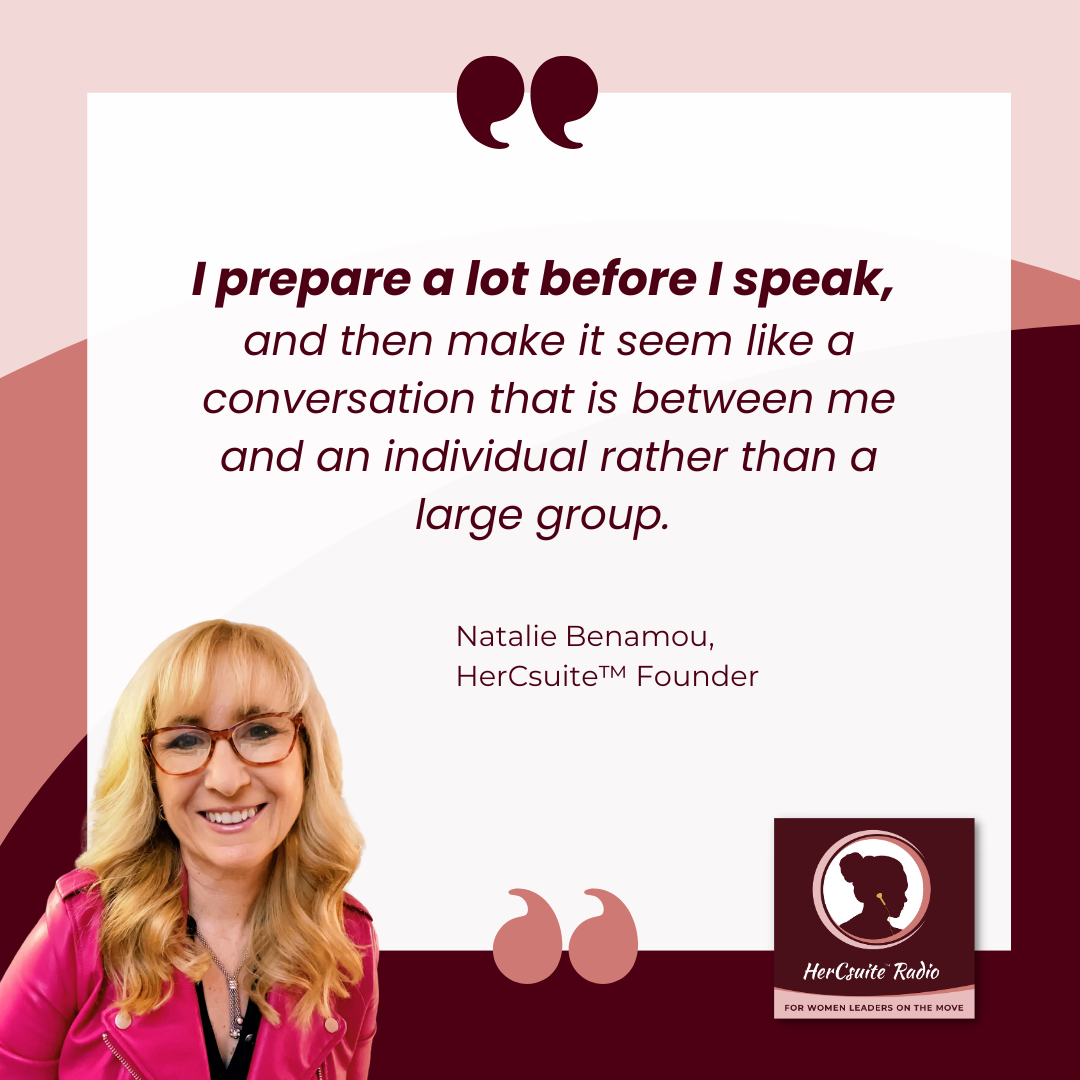
Natalie:
One of the things that I do, and I know you do, too, it's speaker prep to make it look like I haven't prepped, so I memorize my questions. I make it look like I haven't memorized my questions so it feels more flowy. I speaker prep a lot before I speak, and even if you have one of those monitors in front of you, and you're on stage, just being ready. That little tip that you just gave is something that's so powerful because you're in your mind and you're thinking about the words you're going to say, and it's that connection piece that matters. That's the thing that people remember, is how you connected. We were talking about storytelling, and making that connection, what have you seen about storytelling that works and doesn't work?
Bobbie:
We're doing a lot more at Innovation Women now than we did when I started in terms of making the speakers feel more prepared and giving them more insight into event processes. But really the watchword is always practice, practice, practice, get prepared. One of our speakers whom I had a one-on-one call with on Thursday was telling me that one insight that she had at one point was that preparation does not necessarily equal memorization, and she said that she is so well prepared.
I love this quote – Kristen Donnelly, I'm thinking of you – she said, “The words just fall out of my mouth.” Not that they're memorized, but she just knows her content so well, that huge chunks of words will just come out because she knows the content. I do think that there are a lot of speakers who think they know the content, but they know it here. They might not necessarily know it for the words that they need to use to help other people understand it.
There's a concept that I just recently read about called wayfinding. Wayfinding is about finding your physical way around a place. One of the principles of this is that the people who give directions are not maybe the best person to give directions because they know how to find their way there. So you have to look at directions and signage and lighting with the whole universe almost conspiring against you to make it so that you don't find your way. People who are trying to get to a place who have never been there before are not going to see the same things that a person who goes there every day is going to see.
You need to make sure that your signs attract attention. You need to make sure that the lighting is right, and you need to make sure that all the distractions are taken into account. As speakers, I feel like we need to think about preparation for speaking as a form of wayfinding. What is it that we say that is distracting? Are we putting the right emphasis on things that we want the audience to know?
I see so many speakers who want to tell their audience everything about a topic. They know a ton about it, so they're going to tell you all of it. Nobody in the audience is going to retain that, so you have to zero in on the important ideas. What is it that is important for the audience to know? What is your goal as a speaker for that audience? How can you be of service to that audience? Don't bury them in data, don't bury them in new concepts, you have to pick and choose.
Natalie:
It’s so incredibly valuable as we think about the conversation. Every conversation I start with, whether I'm networking, or any new conversation, and even with my clients, I always start with, “What does success look like for you in this conversation, in this event? What are you hoping that the attendees are walking away with? What is most important to you as an organization, but also looking at it from the attendee.” There are two sides to an event, and I produce the events, so I have a little bit of a different idea, plus I speak so I've got all kinds of brains happening.
I love what you just said about what is most important for that audience to walk away with. I think the best compliment to a speaker is that they took action on something. I've gone to conferences, and I've been so hyped up about all the things that I learned, and I'm like, “Oh, my gosh, this was amazing, and I loved all these speakers, and I have all these ideas.” Then I walk away, and I don't remember any of them. Then it's like, well, what was I going to take action on? Simplification is so important, especially with even slides, what have you seen over the last eight years with how slide decks have changed?
Bobbie:
Oh, I wish I could say they've gotten better. It's person-to-person. I've seen some absolutely amazing slide presentations, and I've seen some absolute horror shows. I went and saw a presentation this week with a college professor, and his slides were just all words and not one or two words on a slide. Nope, whole pages of stuff, and it was unnerving because he was fascinating. The topic was something I was really interested in, and I hate to say I was so distracted by all the words on the slides. I was like, “Get that man with a good designer, and things will be so much better.” At the same time, he's a college professor who's been teaching for 40 years; is he going to change? Probably not. So you kind of go, “Huh, that ship may have sailed.” But, we can share best practices.
I think one of the things about what we're doing at Innovation Women is trying to encourage speakers to talk to other speakers, and to make friends with other speakers. We talk a lot about the concept of speaker friends. One of the reasons that I do that is because I am fully convinced that only another speaker will tell you how you could improve.
Picture this: you get offstage, you've just done a great job. Applause, applause, applause! Your friends all come up to you and clap you on the back and go, “That was amazing. You were awesome!” They're not going to tell you that they just spent your entire presentation flipping through their email. They're not going to tell you that you lost them at like the second slide. They know that public speaking is so personal. They don't want to hurt your feelings; they don't want to discourage you. So many people know that public speaking is a fear that they are just impressed you got up there. So they are not going to tell you “Hey, that could have been better.” But another speaker, especially if they are your speaker friend, will tell you, especially if you set them up to say, “I want real feedback here. I want you to tell me, if I'm too fast, too slow, too hot, too cold, I want to know.” A speaker friend will sit there and diligently take notes and read you the riot act. So that's what every speaker needs, you need a trusted ally in somebody who recognizes the good, the bad, and the ugly of public speaking.
Natalie:
I want to just add to that. Public speaking and speaking to the boardroom or speaking to a large group, and at work, have the same skill set in terms of reading the room, and watching people's body language. If I'm leaning in, which people can't see, because I'm on audio – to hear what Bobbie is saying, because I'm so fascinated, and I love all the things that you're sharing, I'm like, “Oh yeah, that makes sense to me.” If people are leaning back and looking around, and kind of like, “I don't know what she's talking about,” that could be in a meeting, that could be in the boardroom, that could be anything that you're doing, and your work. The skill set of being able to public speak, whether you do take the stage, or you just need to improve how you come off, will help your career either way. To have public speaking is a very good way for people to know you as a leader, and a subject matter expert, but also in your company, people will want you to speak or gain access, don't you think?
Bobbie:
Absolutely, public speaking is a skill. The invitation to speak actually speaks volumes itself. We have a lot of speakers who tell me things like, “I got big rounds of applause. It was great.” Then I'm like, “Okay, what about the next speech? Did anybody come running up to the stage and say, ‘I need you to do that at my company? I need you to do that at this show?’ If the answer is no, you still have a ways to go.” Number one, maybe you're not picking the right room.
When I talk to speakers about public speaking, I want to know what their goals are. Is this their business? Is this something that they're doing to enhance their business? Is it something they're doing to advance their career?
When you make a decision about the rooms you speak in, sometimes it's not, “I'm getting paid big bucks for this room.” Sometimes it's, “This room is putting me in front of decision makers. It's putting me in front of potential employers, hires.” It's putting you in front of potential people that want you to do that same speech or another speech like it somewhere else. So these days, my own judge of how I do is how many speaking engagements come from the speaking engagement I just did. How many people see me in action and want me? That's the key.
Natalie:
I'll just end with this last thought, and that is, if people are nervous about being solo on the stage, an easy entry point is moderating; moderating a panel or moderating a group – the only thing you have to do to prepare for that is to be presently listening. You have to be ready to pivot to ask another question. Maybe what they said is more interesting if you build on that than what you have on your script. That is a whole different skill set that I've spent a lot of time doing. I encourage people, that would be one way. If you're not sure, but you want to try something, it's safe. Either on a panel or moderating a panel is easier than just getting up there.
Bobbie:
I have an even better entry point for people. I talk to people all the time about all the different kinds of public speaking. We always think about public speaking as one person by themselves on stage all alone – super intimidating to lots of people. There are panels, there is moderation, there is emceeing, there is co-presenting, and there are product demonstrations, but the key entry point I always espouse for a lot of people is to ask a question.
So, think about it this way: the speaker has just finished speaking, and they say “We've got 10 minutes for questions.” If you're the speaker, your biggest fear is crickets. You just gave this stellar presentation, you're all excited, and you're hopped up. “Do you have any questions?” Nothing. That kills a speaker because questions are the way that people demonstrate interest in what you just had to say, so if there are no questions, no interest, the speaker is very deflated at that moment.
So this is your chance, as somebody who is perhaps interested in public speaking and wants to practice, and yet you haven't had that chance to get on stage, ask a question. State your name, who you work for, your company name, maybe you need to put that intelligent, thoughtful question into context. Ask your question, and you have just become a public speaker because you just spoke to the exact same audience that the person on the stage spoke to. That is your moment where you stood up, and you talked to everybody. Obviously, you're not on the stage, maybe you're in the audience, but it's a great opportunity to kind of stick a toe in and do that public speaking thing in a very, very tiny, micro way. Now, that doesn't mean berate the speaker, hackle the speaker, ask why they didn't do it this way. This is not the opportunity to promote yourself, but it's the opportunity to contribute to the conversation. Do it in a thoughtful way. People notice. Do it in a self-promotional or obnoxious way? People notice that, too.
Natalie:
Bobbie, I could talk to you forever, because I always love learning so much, and I'm so glad that we have an Innovation Women's speaker friends group in HerCsuite™, that you and I are alliance partners, and that I get to see you multiple times a month in our different leadership programs that we have in HerCsuite™. If people want to learn more about the eighth anniversary of Innovation Women and all the amazing things that you're doing, where's the best way to find you and Innovation Women?
Bobbie:
Innovationwomen.com – super easy to find us.
Natalie:
Wonderful. I'm so grateful for this conversation. Thank you, Bobbie, for being on the show today. It was so fun!
Bobbie:
Thank you, always great talking to you.
Natalie Benamou
Founder, CEO
HerPower2, Inc, | CGO HerCsuite™ | Podcast Host HerCsuite™
Natalie founded Herpower2, inc. to create products under HerCsuite™ to empower women to make a lasting impact today and into the future. She takes a ‘serve first’ approach to life and has applied this principle throughout her career, serving in leadership positions in business as well as non-profit organizations.
Share this story:
HerCsuite® is an official product of HerPower2 Inc. | all rights reserved – Privacy Policy – Terms & Conditions

